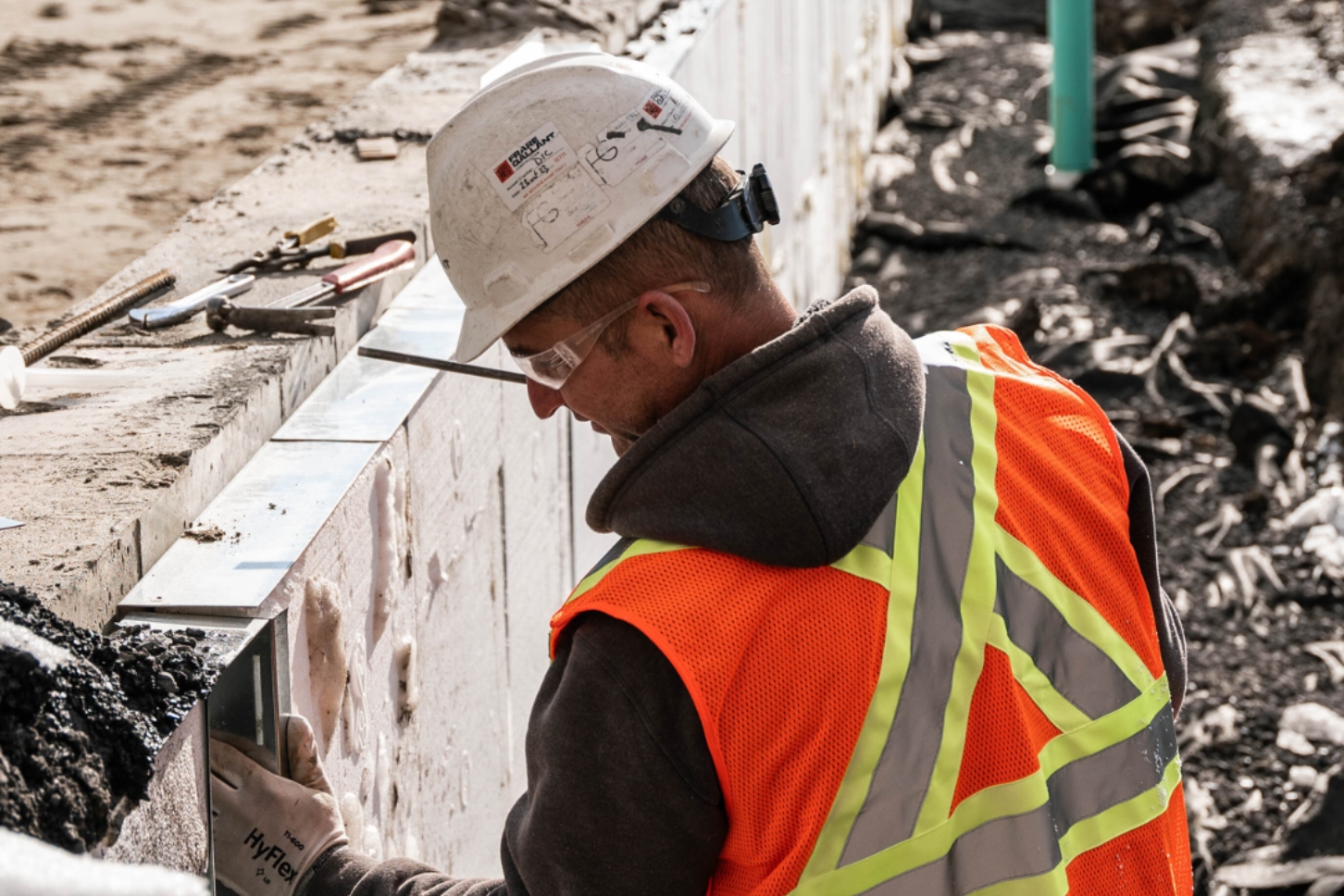It is during this step that the client can express all their building construction needs, expectations, as well as their budget and timeline.
This step also allows to quantify the production methods the plant will need in order to define the technical constraints (installation of a refrigerated warehouse, hot water supply, compressed air, a sterile room, etc.). This preliminary project is the longest but most important part for an ambitious agri-food and industrial construction project.
Resources not being inexhaustible, the client must indicate to the general contractor the project budget and provide their timeline. It is also necessary to anticipate situations in which costs can become uncontrollable, in order to establish the initial budget properly.
Certain constraints can come into play: in an agri-food building, the stoppage of the production chain can have repercussions on the financial health of the company. Thus, the building constructor must provide alternative solutions, if these are possible. For example, some general contractors specializing in agri-food offer specific services to allow their clients to manage costs related to production stoppage.
Step 2: Definition of the building construction project
Whether it is the new construction of an agri-food plant or the expansion of an industrial building, the general contractor works hand in hand with their client to model the building based on all the data and parameters initially provided by the client.
The intervention of architects, engineers, estimators and other agri-food and industrial construction specialists will make it possible to frame the content of the construction project, notably through the creation of theoretical models, used later for the realization of the construction plans.
It is at this stage that the budget is carefully checked: before the establishment of the industrial building plans and specifications, the precision of the budget is rather approximate.
To meet their client’s expectations, the general contractor will have to redouble their efforts to find the workforce, materials and other parameters that will be the best compromises to make the construction project a success.
Step 3: Industrial building plans and specifications
The third step is the design of the construction plans. The design of plans must be carried out by technicians experienced in industrial architecture, a licensed project manager as well as graduate designers and professional estimators who work in close collaboration with the client. They look at the preliminary project and lay the foundations for your agri-food building. The developed plans explicitly develop the needs in the different specialties: architecture, mechanics, electricity, etc.
From these construction plans, the general contractor will be able to establish the definitive specifications that will adjust the budget which was then only approximate. The main challenge in agri-food and industrial construction is the anticipation of the slightest details that could harm the production chain. Thanks to their expertise, a good general contractor will be able to easily orchestrate the construction project, without any worries.
Step 4: Services offered for the execution of construction work
There are different packages for the realization of a building construction project.
With a lump sum service, the client shares their vision of the construction project, while benefiting from the expertise of their general contractor. The plans are custom-made, and the client has the possibility to change contractors or not.
The turnkey service is the ideal solution for any client whose objectives are clearly defined and achievable. In the case of a new agri-food or industrial building construction, the turnkey service can be a good option.
Some clients wish to be the conductor of their industrial construction work: thanks to the project management service offered by some constructors, clients are at the center of the decision-making process, at all stages of the project.
Other services corresponding to emergency work on an agri-food building are also offered by some contractors: these types of services allow rapid intervention for any work that causes, for example, the stoppage of the production chain.
Step 5: From construction work to the delivery of the finalized project
The last step, which is in fact only the beginning of many others, consists of carrying out the work, until the delivery of the finished project.
Each general contractor has their own working methods, but the progress of an industrial building construction project will always include the same steps at the launch of the project. It is important to ensure that the construction company complies with the mandatory standards in the agri-food field (e.g. HACCP, GFSI, FQDI).
A trained and experienced contractor will spare you unpleasant surprises during the project.
For any construction project, and to ensure its success, contact Frare Gallant, a general contractor specializing in agri-food and industrial construction for 40 years. As a Quebec leader, Frare Gallant offers all the services to satisfy its clients and build large-scale projects with them.
